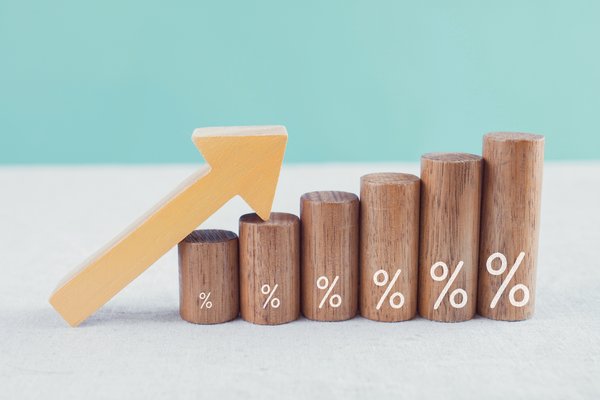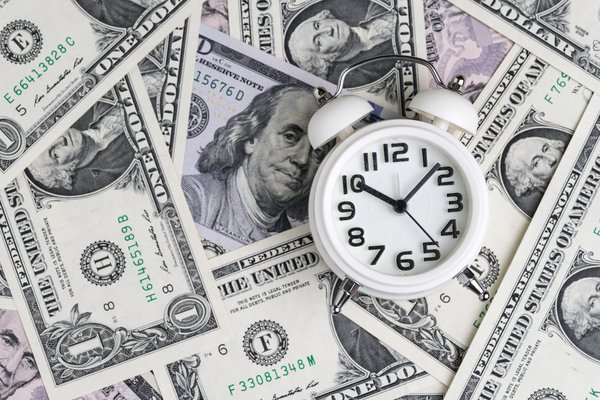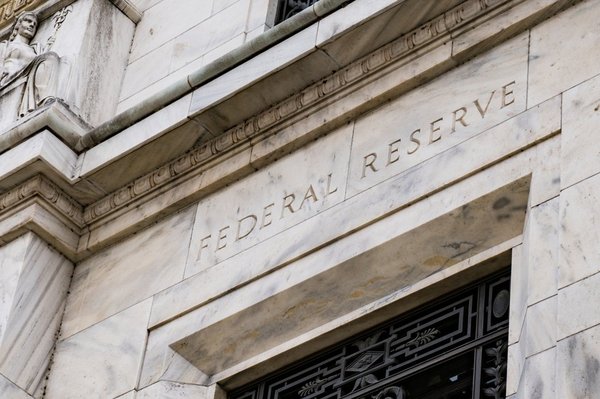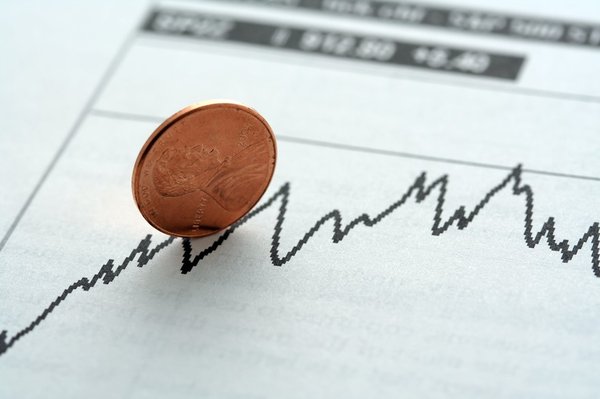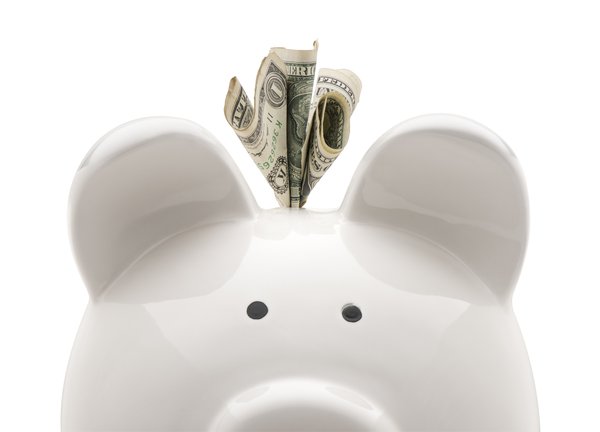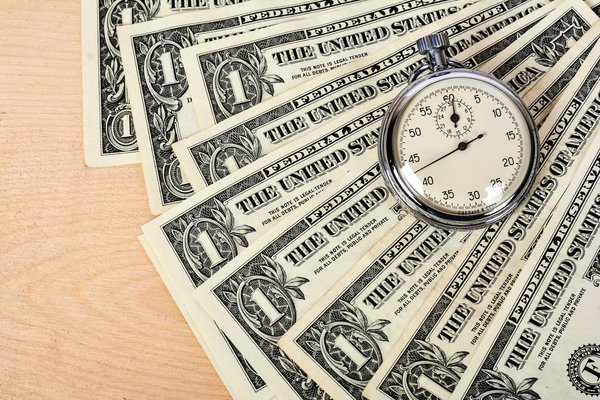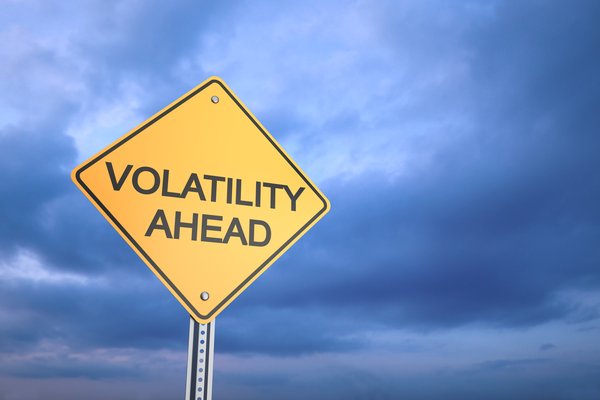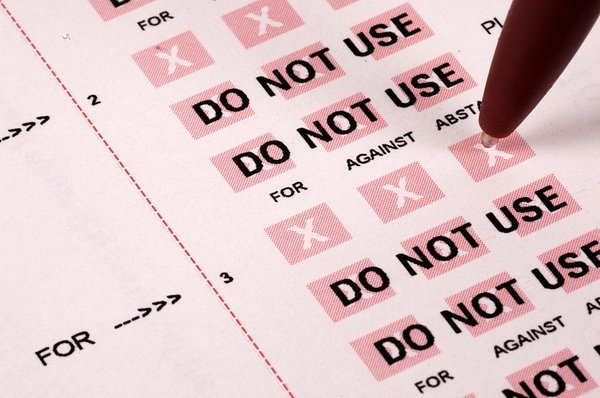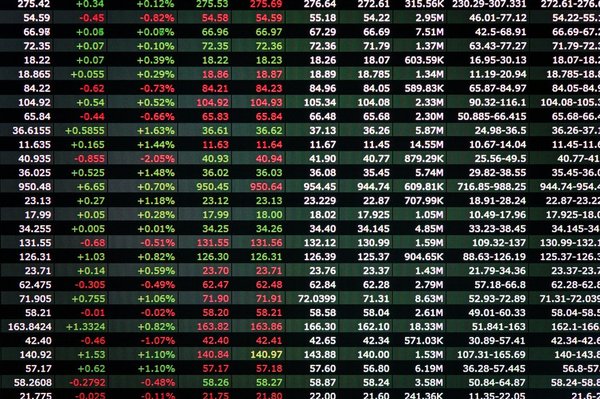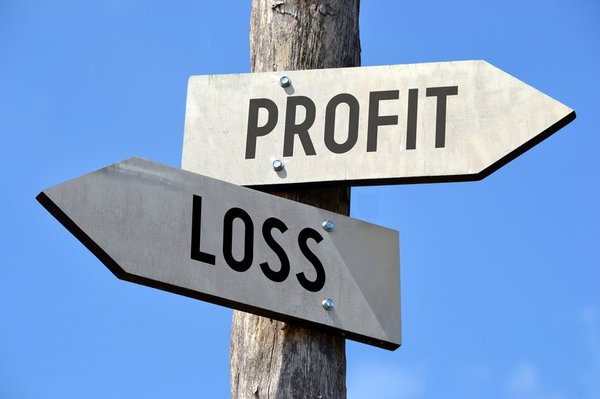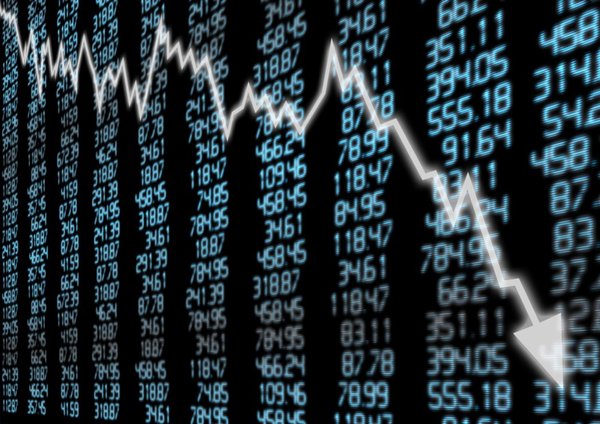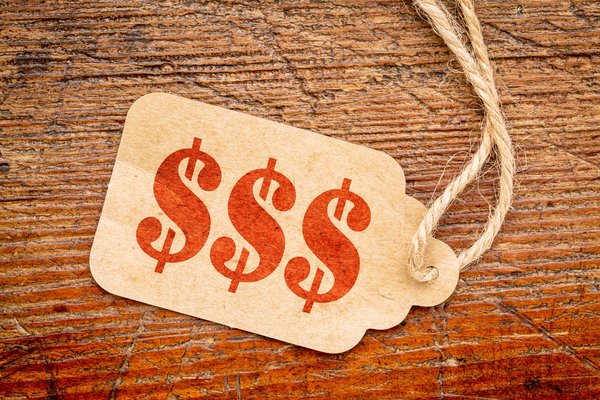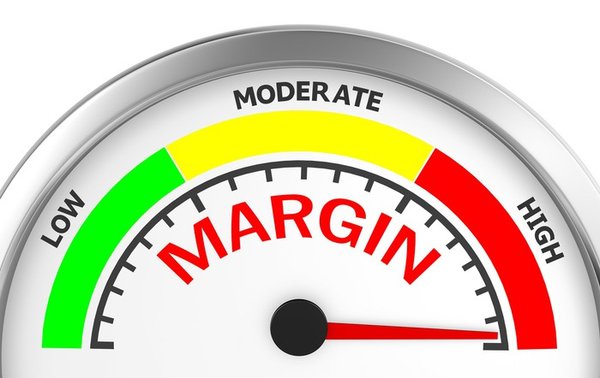Fractional shares are partial shares of a company's stock: Instead of owning one or more full shares of the stock, you own a portion, or fraction, of one.
In the past, investors generally would end up with fractional shares only after a stock split, since brokers allowed the purchase of full shares only. But that's changing now as big-name brokers make it possible to purchase fractional shares directly.
Thanks to this shift, you can specify how much money you want to invest in a particular company (rather than how many shares you want to buy) and purchase a small portion of a share if your cash investment isn't enough for a full one.
Can you buy partial shares of stocks?
Fractional shares make it possible to buy partial shares of a stock.
For example, if you are interested in a stock that has a share price of $100 but you have just $20, you can purchase one-fifth of a share of the stock as long as you use a broker that offers fractional shares. Brokers have different rules regarding the minimum portion of a share you need to purchase, but some allow you to buy as little as .001 of a share as long as your transaction costs total at least $0.01.
What are fractional shares?
Fractional shares are simply portions of a whole share of stock.
When a company issues stock shares, every investor owns a fraction of the total shares outstanding. Imagine a simple example of a company that issues 100 shares. If you purchase one, you own 1/100 of all outstanding shares. But with fractional shares, you don't have to buy a full share. You could purchase half a share, or a fifth of a share, and own .5/100 or .2/100 of all outstanding shares.
You purchase fractional shares through a process called dollar-based investing. You specify the amount of money you went to invest in a company -- such as $20 -- and buy the number of shares your spending power allows. Most brokerages that offer fractional shares also offer commission-free trading, which means you will not pay transaction fees associated with the purchase or sale of your partial shares. Having to pay a commission to buy partial shares usually means the transaction isn't worth it, since you'd have to earn a substantial rate of return on your partial share to cover trading costs.
How do fractional shares work?
When you buy a fraction of a share, you are treated the same as any investor with a full share. You make the same percentage gains and get the same benefits of stock ownership. You also take on the same risk of loss.
Do fractional shares pay dividends?
If you purchase fractional shares of a stock that pays dividends, you will receive a payment based on how many shares you own, just as any other investor would. If shareholders receive a $1 dividend for each share they own and you own a half share, you receive $0.50.
Can you sell fractional shares?
You can sell fractional shares just as you can sell any other shares of stock you own. If you bought a half share through your brokerage and you want to sell your stake, you can simply place a sell order with the same broker and cash out your holdings.
Should you buy fractions of shares?
Fractional shares offer substantial benefits, including the following:
Fractional shares give you a choice of a wider pool of investments
Investors with limited money were often limited to penny stocks before. These equities are usually companies you've never heard of that are high risk and often very poor investments. But thanks to fractional shares, you can buy a piece of any publicly traded business, including some of the biggest companies in the United States, which trade for thousands of dollars a share.
Because there's no company out of reach with fractional shares, you can make investment decisions not based on the amount of cash you have available but instead based on which companies you believe have the best chance of performing well over the long term.
Related investing topics
Fractional shares provide diversification at a lower cost
Building a diversified portfolio reduces the risk of investing, since you don't bet most or all of your money on a single company or industry. Thanks to fractional shares, diversification can be less expensive, since you don't need as much money to make an investment. If you have just $25 to invest, you could spend $5 to buy a partial share of companies in five different industries instead of being forced into spending your entire $25 to buy a single share of one company.
However, this does not mean that trading fractional shares is risk-free. The low cost of entry could result in some investors doing less research than is necessary to make fully informed purchases. And if you are buying partial shares of stock in individual companies, this is inherently riskier than buying mutual funds or index funds -- however, it also provides you with a chance of beating the stock market.
In fact, if you have a sound investment strategy, are willing to put in the time necessary to select individual investments, and are prepared to do the work to build a diversified portfolio, the ability to buy fractional shares actually gives you a better chance of selecting investments that outperform the market than if you were restricted to purchasing only full shares. That's because fractional shares make it possible to invest in whatever companies you believe are likely to perform best without worrying about per-share price.
Every investor should weigh the benefits and risks before purchasing any assets, but many will find that fractional shares are a good addition to their portfolio.



















